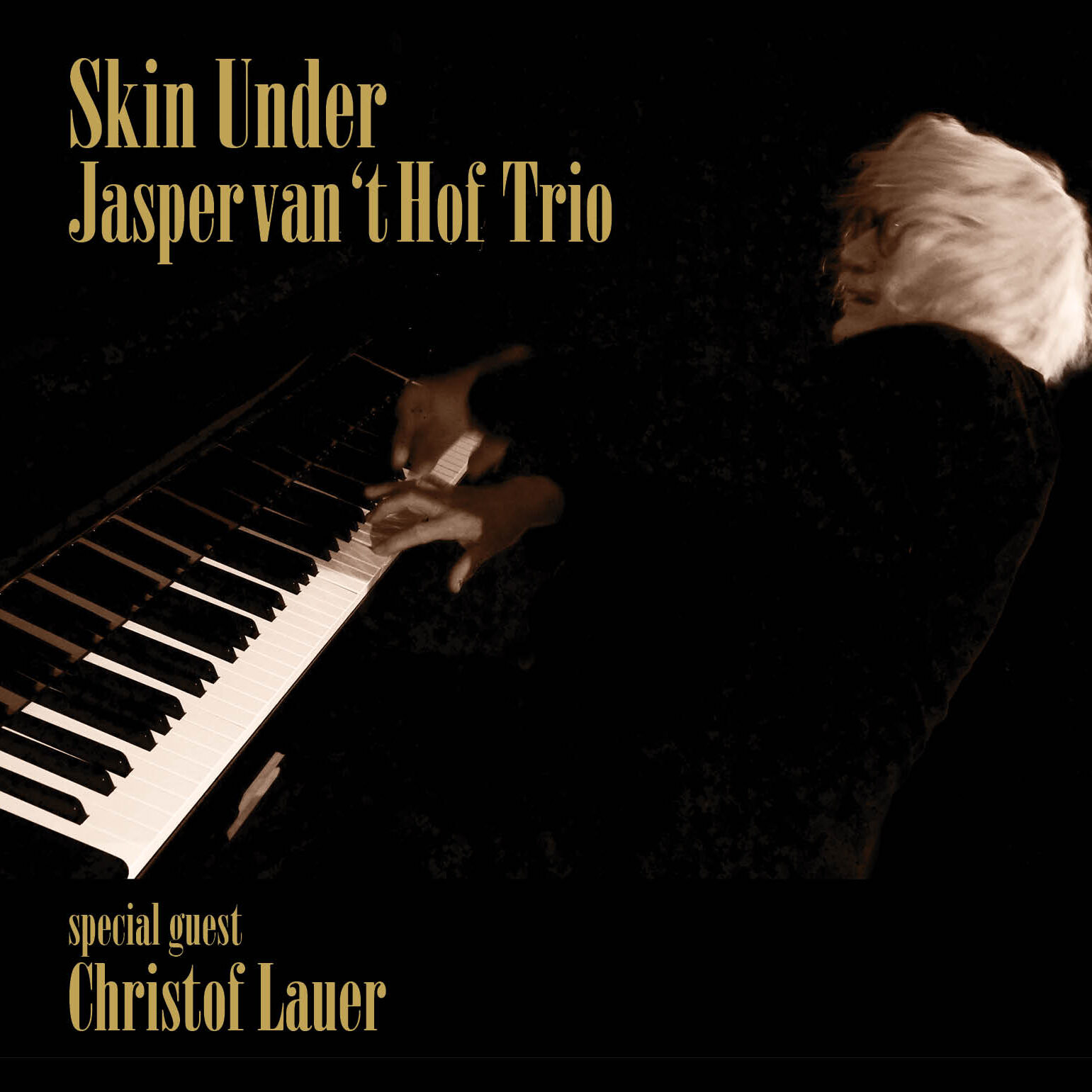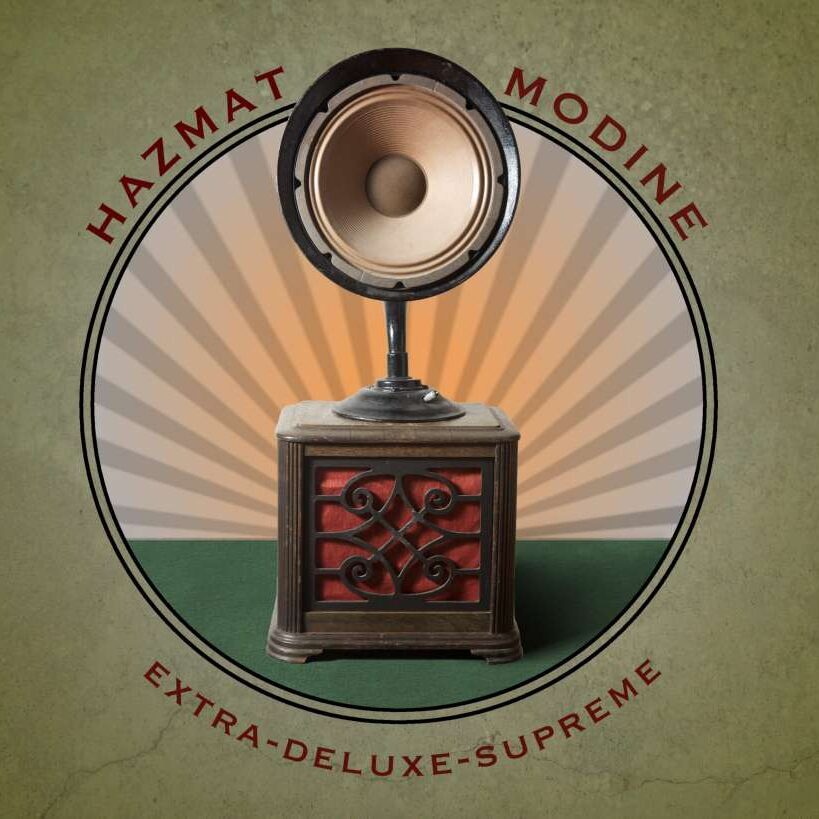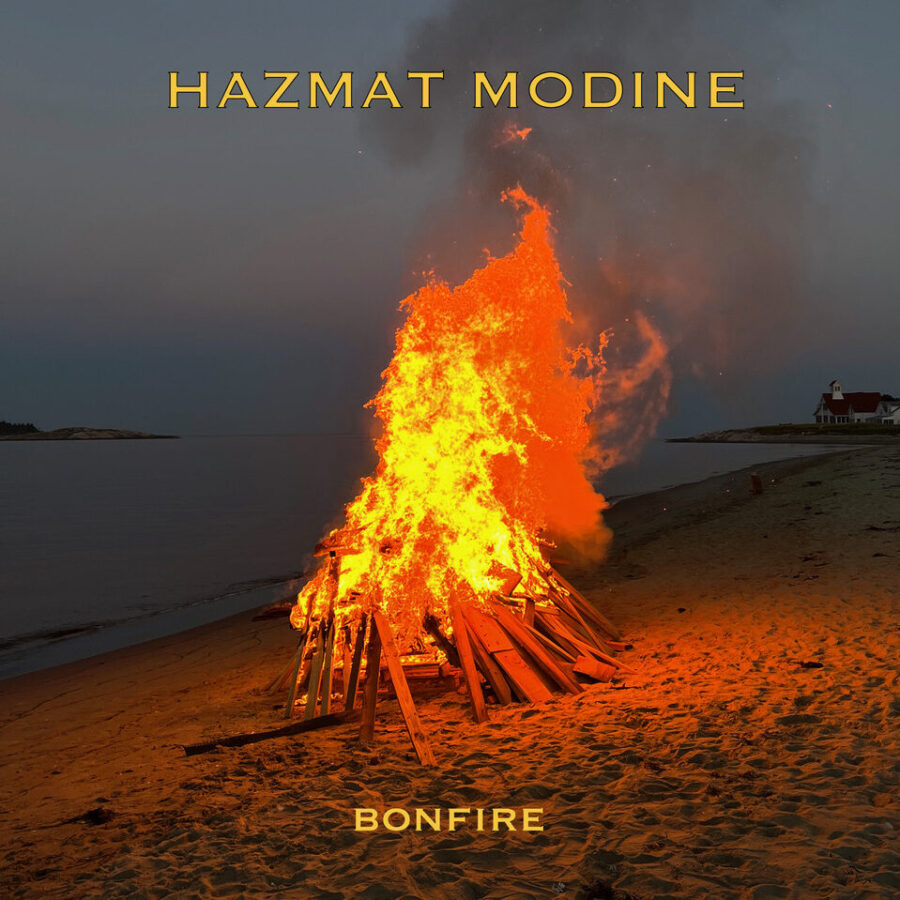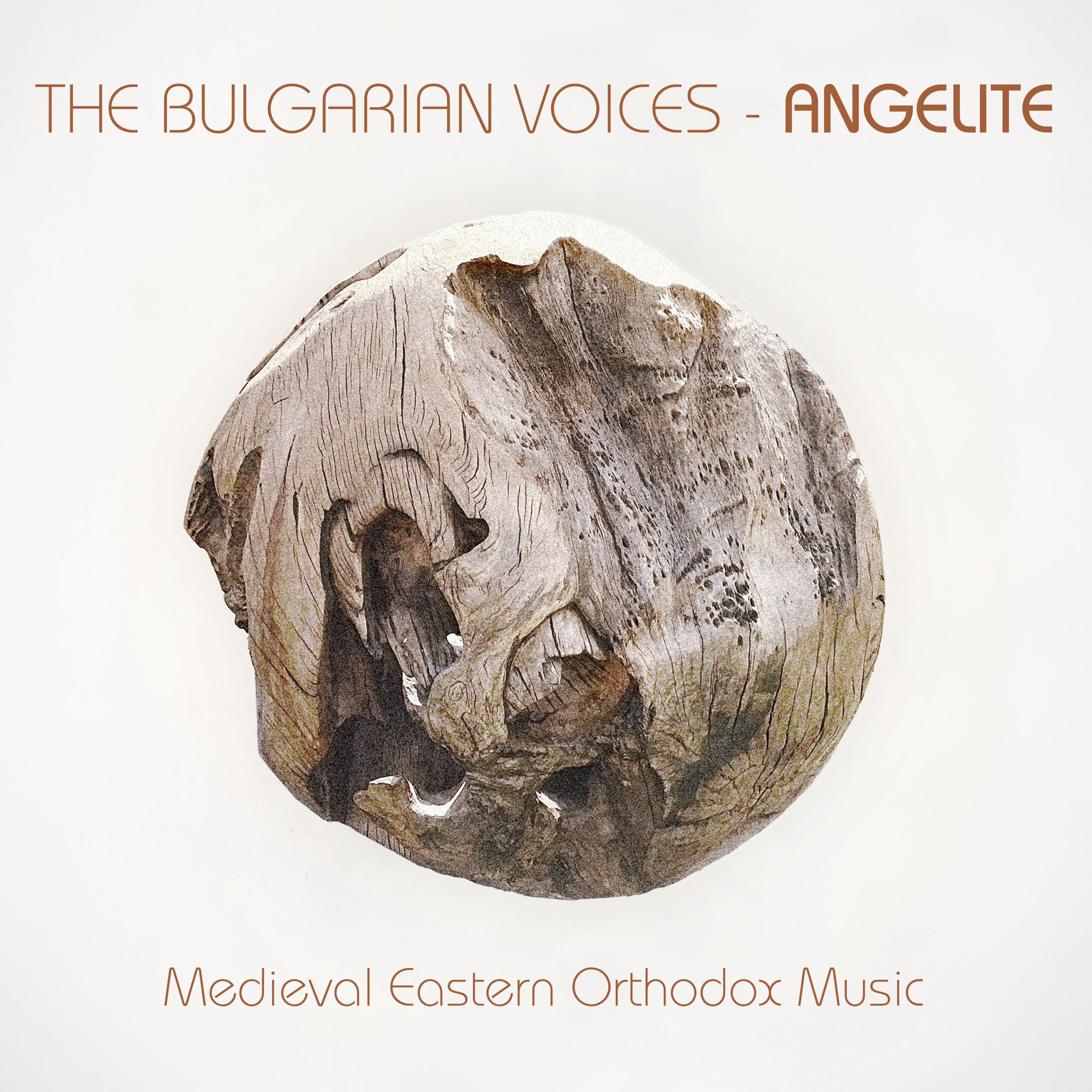[tabs style=”default”][tab title=”Info”]
With Alma Livre, her third CD, Dona Rosa presents an exquisite jewel; she takes us on a sound journey dominated by rhythmic speech. To call these renditions of traditional Portuguese songs Fado would be misleading; more precisely, they are traditional music interpreted in Fado style. The musicians accompanying her on the guitar, percussion and accordion unite the wonderfully balanced, complex arrangements, the cheerful and the melancholy, the sweet and the heavy in a dynamic whole.
It was a track on Charlie Gilletts World 2004 compilation that first drew many peoples attention to the English speaking world to Dona Rosa. Rosa was born in 1957 in Oporto, Portugal in a very poor family living in one room. Meningitis raged through that room when Rosa was still an infant and since the age of 4 years she is blind.
Her luck began to change when Austrian music producer André Heller discovered here and invited Rosa for an Austrian TV show produced in Marrakech, Morocco. In the year 2000 she appeared with a showcase at Womex worldmusic fair in Berlin and since that time she developed a repertoire of traditional protuguese music sung in the fado style.
Starting from singing in Lisbon streets she ended up with a new quartet performing on stages from Taipei, Moscow to Los Angeles since the past years and as well to Womad stages in Spain and England.
Dona Rosa embodies the true longing of the soul for authenticity, rooted in a tradition where Fado is its most relevant and famous symbol. Her voice becomes the ideal instrument for the expression of this longing, and as she sings we feel that is indeed possible to stretch ourselves beyond the boundaries of our narrow, logical minds. We are easily moved, recognizing those places within ourselves that are moved and nurtured by her soulful voice. Dona Rosa, in her simple and genuine way, creates the mood so that the “Green Emerald” of our hearts can truly be seen.
Alma Livre releases our souls from the daily routine, allowing a subtle tuning to take place, and is an invitation to welcome new soundscapes for us to enjoy in songs such as “Cavalos” (wild horses thirsty for sun), “Mulher da Beira” (instrumental), “Canta, canta amigo canta” (sing my friend sing, alone you are nothing, together we have the world in our hands), “Nos Trilhos” (instrumental), and “Livre”, the song that best portrays the true and non-conventional spirit of Dona Rosa, reminding us that there is no axe capable of cutting off the roots of free thinking.
In Alma Livre, Dona Rosa faced new challenges as the creative process unfolded. This was a musical journey where the rhythm of the language made the difference. In the studio, Dona Rosa displayed all her musical talents; in almost all the songs she followed the beat of the metronome instead of her usual triangle and sang and inspired the group of musicians who joined her for this project, from the more traditional of them such as Carlos Gonçalves and Amália Rodrigues, Portugal’s most famous guitar player, to the new musical languages of Ciro Bertini, Sofia Borges, Raul Abreu, Celina Piedade, Tiago Oliveira, Ricardo Parreira ,Luis Cunha and José Afonso.
[/tab][tab title=”Videos”]
Live performances recorded at Polish Radio, Warsaw, 2008
httpv://www.youtube.com/watch?v=QFxXoE5xCxw
httpv://www.youtube.com/watch?v=MMiBQENi6uo
[/tab][/tabs]




